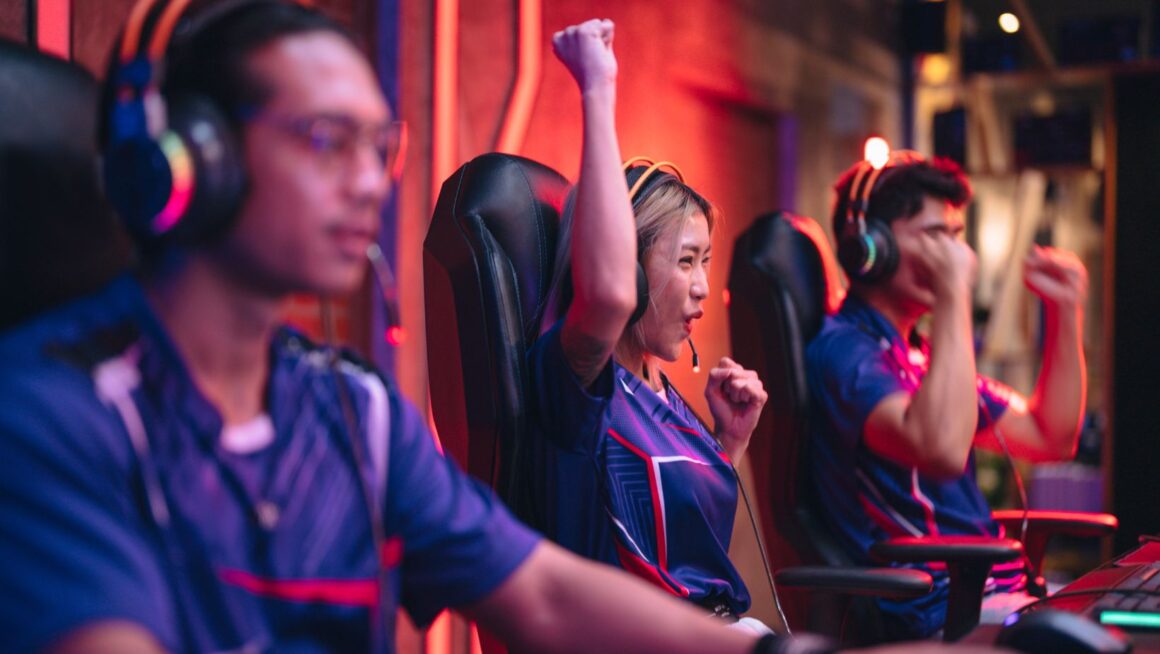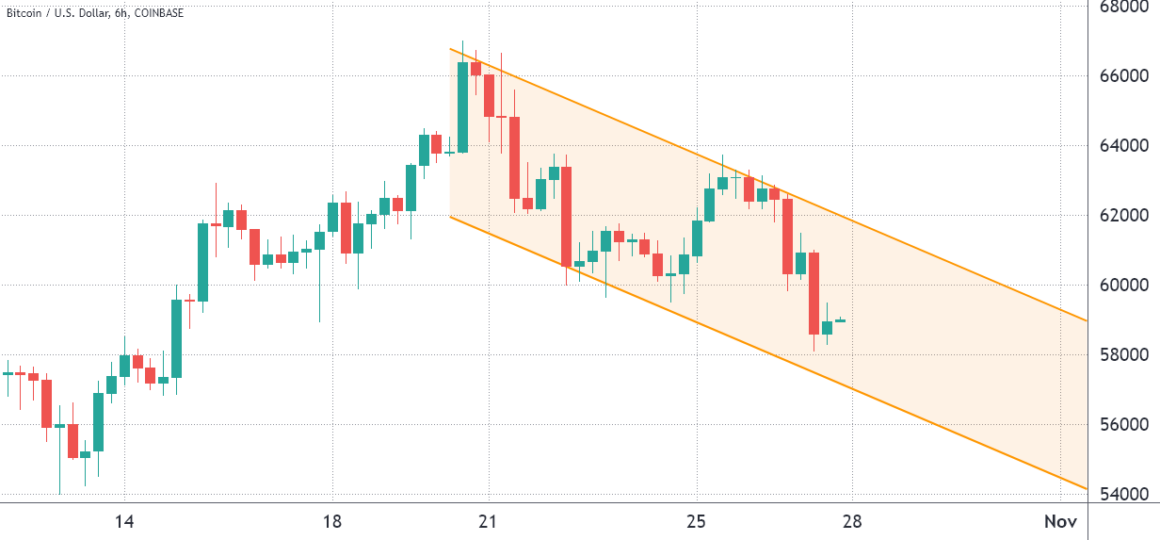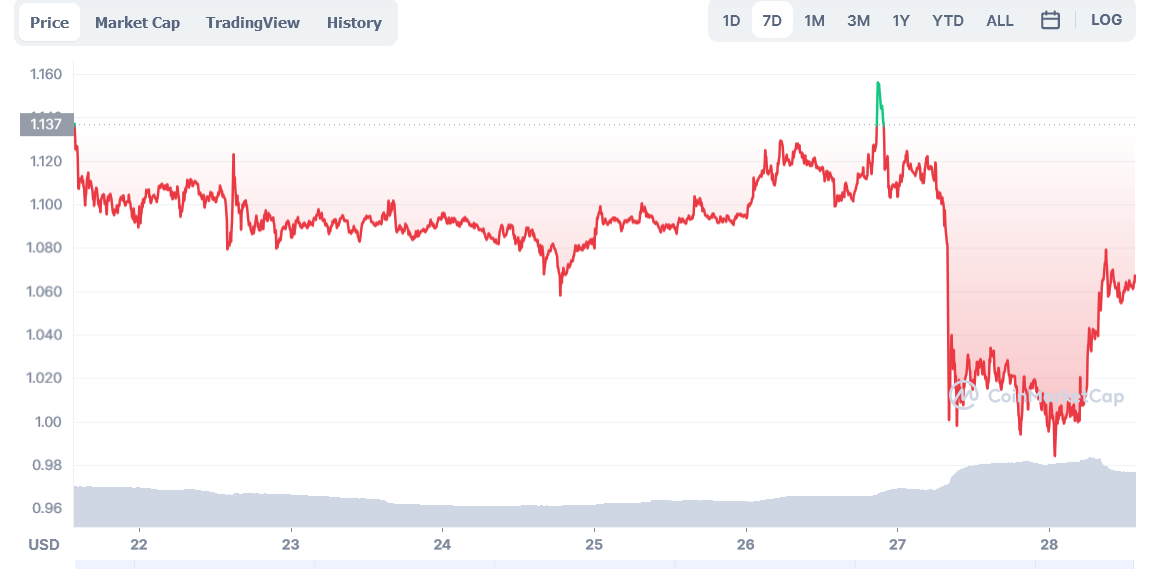Introduction: The Emergence of Esports
Esports, or competitive slot gacor, has grown from a niche pastime into a global phenomenon with significant cultural, social, and economic impacts. The rise of esports has transformed the gaming landscape, influencing how games are played, viewed, and celebrated. This article explores the impact of esports on social interactions and friendships, highlighting its role in shaping modern gaming culture and its global influence.
The Evolution of Competitive Gaming
The roots of esports can be traced back to the early days of arcade gaming and local competitions. Over the years, competitive gaming evolved with advancements in technology and the rise of online multiplayer games. Titles like “StarCraft,” “Counter-Strike,” and “Dota 2” became pioneers in the esports scene, attracting dedicated players and audiences. The professionalization of competitive gaming laid the foundation for the thriving esports industry we see today.
The Role of Online Platforms
Online platforms have played a crucial role in the rise of esports. Services like Twitch, YouTube, and Mixer have made it possible for gamers to stream their gameplay, reaching millions of viewers worldwide. These platforms have democratized content creation and viewership, allowing both amateur and professional gamers to showcase their skills and engage with audiences. The accessibility and interactivity of these platforms have been instrumental in popularizing esports.
Building Online Communities
Esports has fostered the creation of vibrant online communities. Fans and players alike gather on forums, social media, and streaming platforms to discuss strategies, share content, and support their favorite teams and players. These communities provide a sense of belonging and camaraderie, connecting individuals with shared interests. The collaborative nature of these interactions helps build strong, lasting friendships among gamers.
Esports and Social Interaction
The social dynamics of esports extend beyond online interactions. Live events and tournaments bring together fans from around the world, creating opportunities for face-to-face socialization. These events are more than just competitions; they are social gatherings that celebrate gaming culture. Attendees can meet their online friends in person, fostering deeper connections and enhancing a sense of community.
The Impact on Friendships
Esports has a profound impact on friendships. Playing and watching competitive games together strengthens bonds between friends, providing a common interest and shared experiences.

The collaborative and competitive nature of esports encourages teamwork and mutual support, which are essential components of strong friendships. Esports also offers a platform for making new friends, as players connect with others who share their passion for gaming.
Global Influence and Cultural Exchange
The global nature of slot promotes cultural exchange and understanding. Players and fans from different countries and backgrounds come together, united by their love for gaming. This cross-cultural interaction enriches the esports experience, exposing individuals to diverse perspectives and traditions. The international reach of esports fosters a sense of global community, bridging gaps between cultures.
Professionalization of Esports
The professionalization of esports has transformed it into a legitimate career path for many gamers. Professional players, coaches, analysts, and content creators can earn a living through their involvement in esports. This shift has elevated the status of competitive gaming, attracting investment and sponsorships from major corporations. The professionalization of esports has also led to the development of structured leagues and tournaments, further legitimizing the industry.
Economic Impact and Job Creation
The economic impact of esports is significant. The industry generates revenue through various channels, including sponsorships, advertising, merchandise sales, and ticket sales for live events. This economic growth has led to job creation, not only for professional players but also for event organizers, broadcasters, marketers, and other related professions. Esports has become a viable industry, contributing to the broader economy.
The Role of Game Developers
Game developers play a crucial role in shaping the esports landscape. By designing games with competitive elements and supporting the esports ecosystem, developers can influence the success and popularity of esports titles. Developers often collaborate with tournament organizers and platforms to ensure that their games are optimized for competitive play. The ongoing support and updates provided by developers are essential for maintaining the competitive integrity and appeal of esports games.
Educational and Developmental Benefits
Esports offers educational and developmental benefits for players. The strategic and analytical nature of competitive gaming enhances cognitive skills such as problem-solving, critical thinking, and decision-making.

Team-based games promote communication, cooperation, and leadership skills. Many educational institutions have recognized these benefits, leading to the establishment of esports programs and scholarships.
Health and Well-being Considerations
While esports has many positive aspects, it is important to consider health and well-being. The sedentary nature of gaming can lead to physical health issues if not managed properly. It is crucial for players to balance their gaming activities with physical exercise and healthy habits. Mental health is another important consideration, as the pressures of competitive gaming can lead to stress and burnout. Support systems and awareness programs are essential for promoting the well-being of esports participants.
The Influence of Esports on Traditional Sports
Esports has also influenced traditional sports, with many sports organizations and athletes recognizing the potential of competitive gaming. Some traditional sports teams have established their own esports divisions, bridging the gap between physical and digital sports. The skills and strategies used in esports can complement traditional sports training and vice versa. This cross-pollination has led to innovative approaches in both domains.
The Future of Esports
The future of esports is bright, with continued growth and evolution on the horizon. Technological advancements such as virtual reality, augmented reality, and improved internet infrastructure will enhance the esports experience. The integration of esports into mainstream culture will further solidify its status as a major entertainment industry. As esports continues to evolve, it will undoubtedly shape the future of social interactions and friendships in the digital age.
Conclusion: A Transformative Force
Esports has become a transformative force in the world of gaming and beyond. Its impact on social interactions and friendships is profound, fostering a sense of community and camaraderie among players and fans. The global reach and cultural influence of esports have created new opportunities for connection and understanding. As esports continues to grow and evolve, its influence on society will only deepen, shaping the future of entertainment and social interaction. The rise of competitive gaming is not just a trend; it is a fundamental shift in how people engage with games and with each other.
Market Maestro: With an uncanny ability to predict the ups and downs of the crypto market, Jordan is our go-to for all things investment. Just don’t ask him for lottery numbers; he says it’s a different kind of prediction magic.



